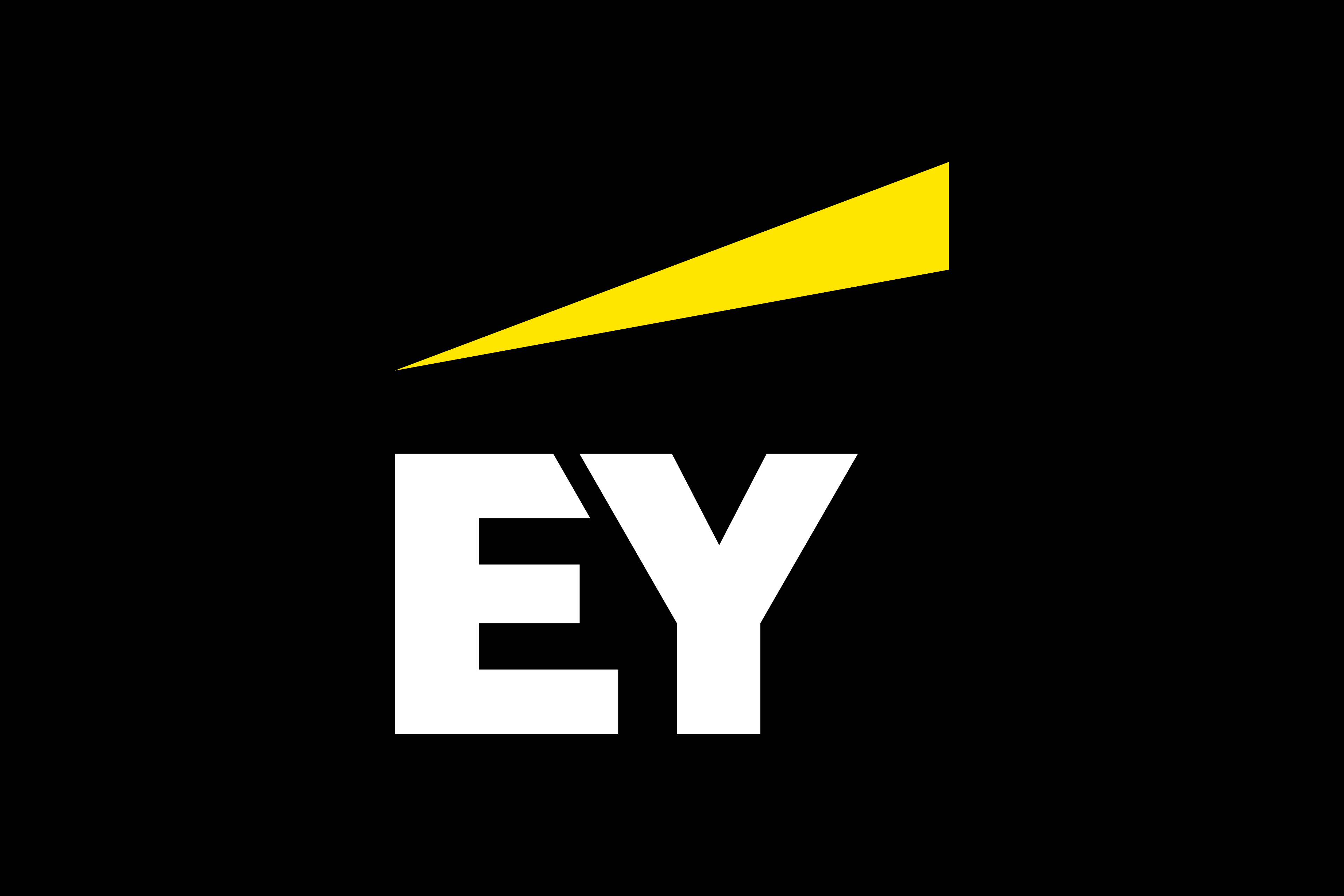If the government wants to support small Irish businesses, it should do that through the exchequer and pool the risk.
To a large extent the risk is already pooled, in that the bulk of EIIS invesments are made through managed funds, rather than directly.
This way, the risk is pooled
between those people who choose to take the risk. Your way, the risk would be pooled among all taxpayers — nobody would have the option not to take this risk.
’Nobody uses it anyway’ is not a justification of the principle in my opinion.
That wasn't what I meant — sorry, I wasn't clear. My point is that the taxpayers who actually make EIIS investments are not a random sampling of the population. They are people who have accumulated capital to invest and who have access to advisory services in relation to their investments. So I don't think it's fair to say that the government is steering "the population" towards risky EIIS investments; the great bulk of the population will never have occasion to consider making an EIIS investment.
But if that’s the goal just apply exit tax to all equity investments equally
You'd stil be left with a distortion as between equity investments and deposits/loans/bonds.
Should public policy favour deposits/loans/bonds over equity investments? Well, no doubt the argument could be made. But unless it
is made, and unless judged to be it's a good argument, then I think you'd say that the tax regime ought to be neutral as between different investment asset classes.
A large part of the policy justification for DIRT and, in due course, the exit tax was to combat tax evasion. That's a good justification, and it has been fairly successful at that.
A second policy consideration was to simplify tax compliance for the taxpayer and this, too is a good justification. I think a lot of relatively unsophisticated investors would be deterred from investing in real assets (equities, property) if they had to account separately for tax on income and gains, or for each separate investment that they hold. The convenience of a flat rate tax deducted at source does make investment accessible for a signficant cohort of taxpayers.
Between these two considerations, I think I think taxation of investment earnings at source at a flat rate is probably here to stay.
But I think the flat rate should be reasonable, and have a robust justification. It should reflect the fact that the underlying return is a mixture of income (in principle, taxable at marginal rate) and gains (subject to CGT). It should also reflect the loss of opportunity to "manage" the gains portion of the return by timing disposals, crystalling losses, etc. Given considerations like that, I think 41% is far too high a rate. Damned if I know what the right rate is, though; I think a lot of work would have to be done to identify a uniform investment earnings tax rate that would yield for the state approximately the same revenue that could be expected if income and gains were assessed and taxed in the taxpayers hands via the tax return (which I think is the rate that, theoretically, you should be trying to identify).
